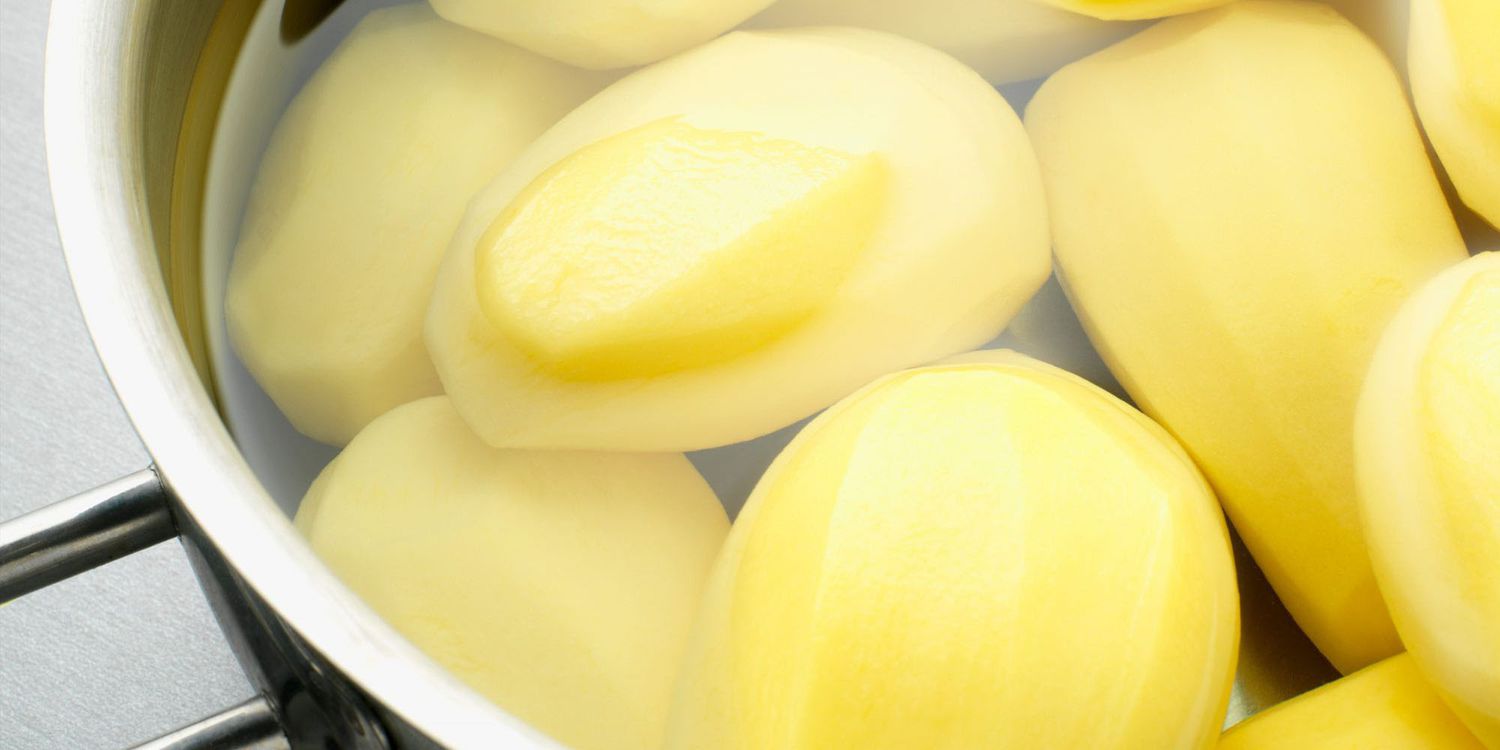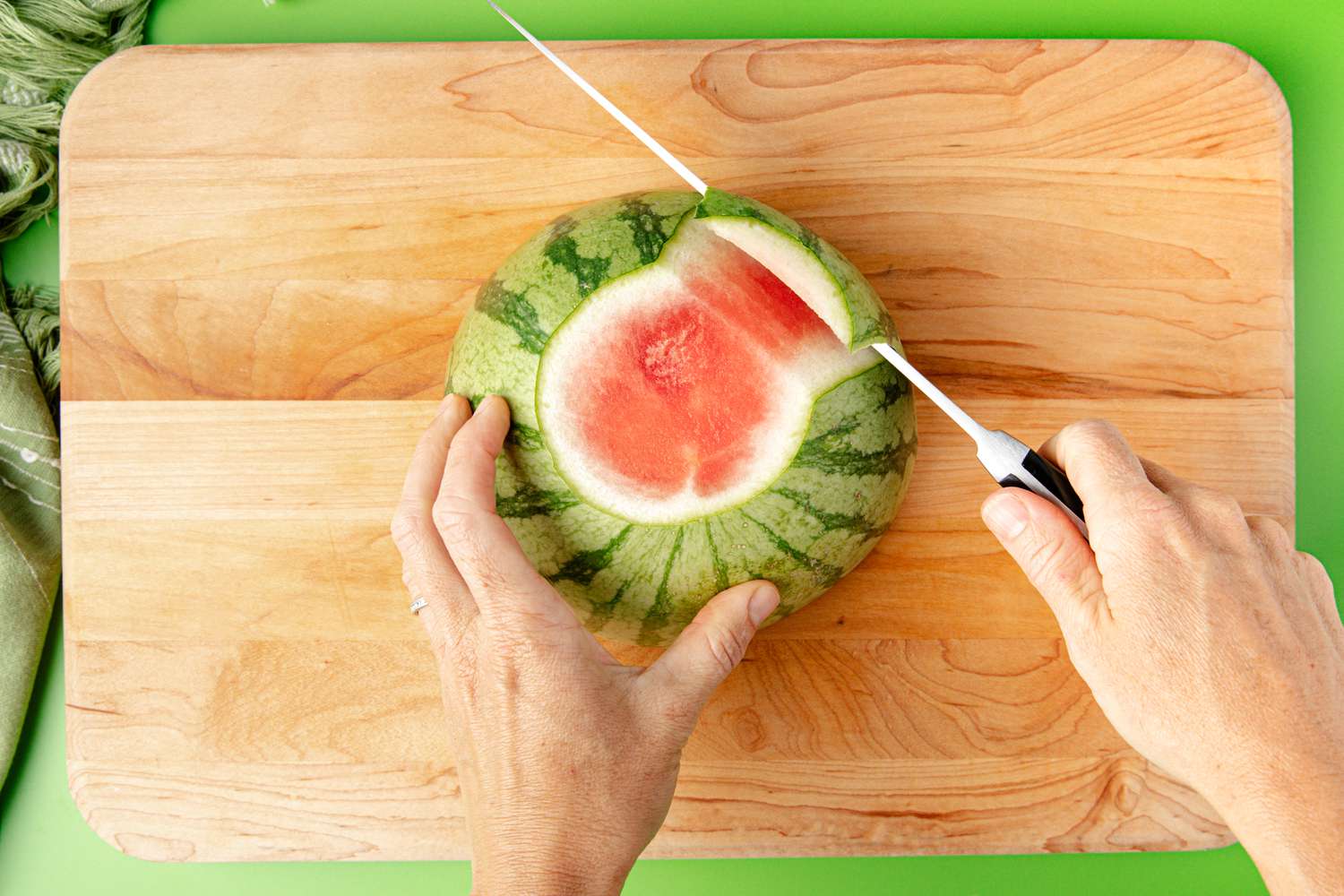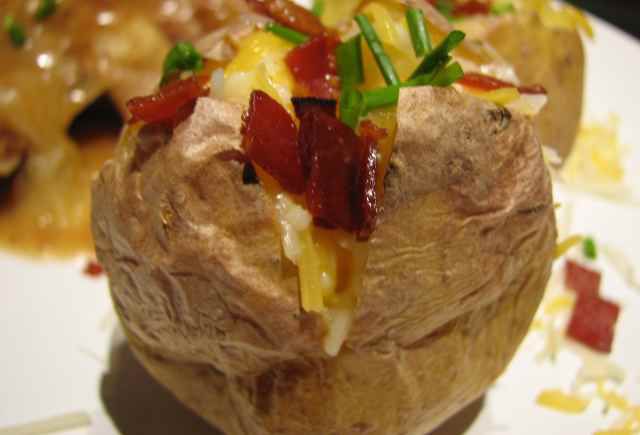Don’t toss your excess potatoes! It’s much more practical and economical to freeze them for later use. It’s easier than you think to perfectly freeze potatoes, but you do need to follow a few simple instructions. Here’s what you need to know about freezing potatoes whether they’re whole, cubed, mashed, French-fried, or shredded:

Can You Freeze Potatoes?

Yes! You absolutely can freeze potatoes, and you should if you have an excess of spuds. But there’s one important thing to remember: You should really only freeze cooked or partially cooked potatoes, as raw potatoes contain a lot of water. This water freezes and, when thawed, makes the potatoes mushy and grainy.
How Long Do Potatoes Last?
It depends on how they’re stored. Uncooked potatoes generally last up to two weeks at room temperature (never store raw potatoes in the fridge — this will ruin the texture) and cooked potatoes will last about four days in the refrigerator. Frozen cooked potatoes, however, will stay good for about a year.
Read more: How to Store Potatoes
How to Freeze Potatoes
The best way to freeze potatoes depends on what kind of potato you’re working with. Here’s how to freeze whole, mashed, French-fried, and shredded potatoes:
Whole or Cubed

It’s not hard to freeze whole or cubed potatoes, but you do need to follow a series of simple steps.
- Peel. This step isn’t required, but it’s helpful because blanching works best without the skin. If you think you may mash your potatoes after they’re thawed, now would be a good time to cube them.
- Blanch. Fill a pot with water and season it with salt. Place the pot over high heat and bring to a boil. Once it’s boiling, drop the potatoes into the water. Blanching time depends on how large your potatoes or potato pieces are — it can take anywhere from three minutes for baby potatoes or small cubes to 10 minutes for whole russets. Remove the potatoes from the boiling water and immediately plunge them into an ice bath to stop the cooking process.
- Dry. Transfer the potatoes to a colander to drain after they have completely cooled. After they’ve drained, place them in a single layer on a kitchen towel. Pat with paper towels to absorb excess moisture.
- Flash freeze. Arrange the potatoes in a single layer on a lined cookie sheet. Freeze at least four hours or up to overnight.
- Freeze. When the potatoes are frozen, you can transfer them to freezer-safe storage bags labeled with the date.
Read more: How to Freeze and Reheat Mashed Potatoes
French Fries or Potato Wedges

If your French fries are uncooked, you’ll need to blanch them before freezing (find instructions in the section above). If they’re cooked, however, the process is a bit simpler.
- First freeze. Arrange cooked (and cooled!) fries on a parchment-lined baking sheet. Freeze at least four hours or up to overnight.
- Second freeze. When the fries are frozen, you can transfer them to freezer-safe storage bags labeled with the date.
Hash Browns

Here’s another situation that’ll depend on the state of your spuds — are they cooked or uncooked? If they’re uncooked, shred the potatoes with the large side of a cheese grater before blanching (since the potato is shredded, you’ll only need to blanch them for a minute or two). Cooked hash browns are frozen just like French fries.
- First freeze. Scoop cooked (and cooled!) hash browns on a parchment-lined baking sheet. Freeze at least four hours or up to overnight.
- Second freeze. When the hash browns are frozen, you can transfer them to freezer-safe storage bags labeled with the date.
Mashed

Mashed potatoes tend to freeze better than other types of potatoes, as the fat from butter and cream helps them keep their texture. If you’re planning to freeze the potatoes you’re about to mash, now is not the time to skimp on the good stuff.
- Cool. Make sure the mashed potatoes are totally cool before starting the freezing process.
- Scoop. Scoop one cup portions onto a parchment-lined baking sheet.
- First freeze. Freeze at least four hours or up to overnight.
- Second freeze. When the potatoes are frozen, you can transfer them to freezer-safe storage bags labeled with the date.




